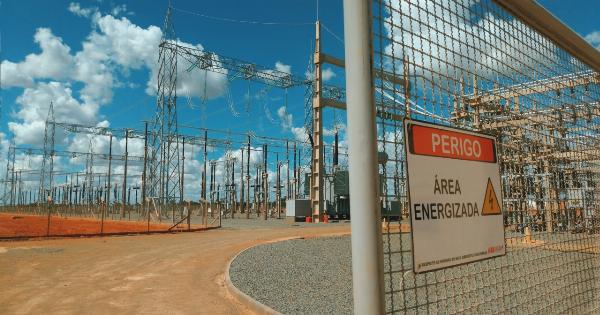Cholesterol is a waxy substance that is present in the cells of the body. It is essential to some body functions, but when too much cholesterol is present, it can cause health problems.
High cholesterol is a common problem, and it can lead to serious health issues like heart attack and stroke. Knowing how to recognize the symptoms of high cholesterol is important because early treatment can prevent severe complications. Here are some of the essential things you need to know about recognizing high cholesterol symptoms.
What is Cholesterol?
Cholesterol is a type of fat in the blood. It helps build various cells, makes hormones, vitamin D, and supports other body functions. Some cholesterol comes from the food you eat, and some of it is produced by the liver.
The liver can produce enough cholesterol that you don’t need to consume additional cholesterol from the diet.
Types of Cholesterol
There are two types of cholesterol in your blood: low-density lipoprotein (LDL) and high-density lipoprotein (HDL).
LDL is called “bad” cholesterol because too much of it in the bloodstream can cause plaque buildup in the arteries, leading to coronary heart disease. On the other hand, HDL is known as “good” cholesterol because it carries cholesterol away from the blood vessels’ walls and returns it to the liver, where it is eliminated from the body.
What Causes High Cholesterol?
The main factors that cause high cholesterol include a poor diet, obesity, sedentary lifestyle, and genetics. Eating foods high in saturated fats and trans fats can increase LDL cholesterol in the bloodstream.
Obesity and lack of physical activity can increase LDL cholesterol and decrease HDL cholesterol levels. Genetics can also play a role in the development of high cholesterol.
High Cholesterol Symptoms
High cholesterol does not cause any noticeable symptoms. Therefore, it is essential to get evaluated regularly by a healthcare professional. A blood test is the only sure way to know if you have high cholesterol.
However, high cholesterol levels can cause health problems that may have symptoms. Here are some symptoms that may indicate high cholesterol:.
1. Xanthomas
Yellow patches or bumps on the skin, especially around the eyes, can be a sign of high cholesterol. These bumps, known as xanthomas, are composed of cholesterol and fat deposits and can be a warning sign of cardiovascular disease.
2. Chest Pain
Chest pain is a common symptom of high cholesterol, especially if there is a buildup of cholesterol plaque in the blood vessels leading to the heart.
This symptom should not be ignored because it can indicate a heart attack or other serious cardiovascular problems.
3. Shortness of Breath
Shortness of breath can be a symptom of high cholesterol, especially if it is accompanied by chest pain or pressure.
This can indicate that there is a blockage in the blood vessels that supply oxygen to the lungs, and it can be a sign of a heart attack or other serious cardiovascular issues.
4. Numbness and Tingling
Numbness and tingling sensations in the hands and feet can be a symptom of high cholesterol. This can happen when cholesterol plaque buildup in the blood vessels restricts blood flow to the extremities.
5. Headaches
Unexplained headaches can be a sign of high cholesterol, especially if they are frequent. High cholesterol can cause plaque buildup in the blood vessels leading to the brain, increasing the risk of stroke.
6. Lumps on the skin near the elbows or knees
High cholesterol causes fatty deposits under your skin, which often create visible lumps. It is most common where the skin creases, such as the knuckles, elbows, knees, and feet.
7. Eye Issues
Eye problems such as yellow rings around the iris are caused by high cholesterol. The eye issues may also include blurred vision, double vision, and temporary vision loss.
8. Calf Pain
Calf pain without any apparent cause may be an indication of high cholesterol. Cholesterol buildup in leg veins restricts the blood flow to the legs and calves, resulting in calf pain.
9. Kidney Issues
High cholesterol levels can cause kidney issues. Excessive cholesterol buildup may block blood flow to the kidneys, causing kidney damage over time.
10. Erectile Dysfunction
Male patients suffering from erectile dysfunction are likely to have high cholesterol. The damaged blood vessels limit the flow of blood to the penis, causing difficulty attaining an erection.
Conclusion
High cholesterol levels are a significant risk factor for cardiovascular disease. While high cholesterol does not produce any noticeable symptoms, early detection is essential through a routine blood test.
The symptoms above do not always indicate high blood cholesterol levels, but it’s always better to check. It’s always recommended to lead a healthy lifestyle that involves a healthy diet and regular exercise. It is also essential to limit the consumption of saturated fats and trans fats to keep cholesterol levels in check.





























